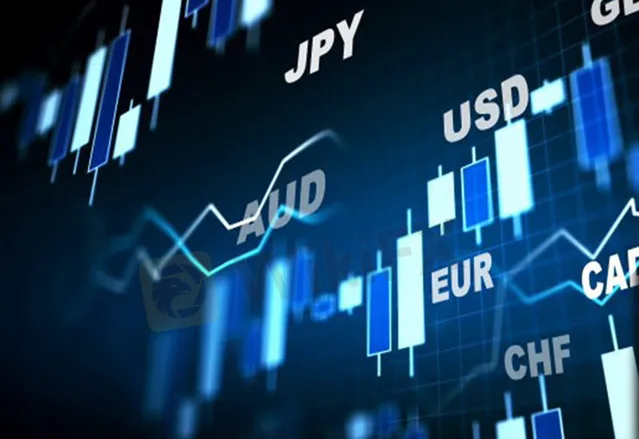简体中文
繁體中文
English
Pусский
日本語
ภาษาไทย
Tiếng Việt
Bahasa Indonesia
Español
हिन्दी
Filippiiniläinen
Français
Deutsch
Português
Türkçe
한국어
العربية
How to Predict a Forex Market Direction?
Abstract:On what basis can we predict the movement of the forex market?

Forex market is changing, and changing cyclically. It means that usually there are such situations on Forex when the price behaviour becomes as predictable as possible. And if we can predict the price, then we can earn on the market. One question remains: on what basis can we predict the movement of the market?
Here we comes to the technical analysis. Technical analysis is the prediction of price movements based on the analysis of the historical movement of the price chart. The basic principles of technical analysis were published by Charles Dow in a series of articles in The Wall Street Journal, 1900-1902. And although it was based on observations of the stock market, the theory he created works fine on the Forex market. The basic are three postulates:
Market (price) takes into account everything. In the current quotation and market movement, all tendencies, sentiment of participants and other factors that may influence the formation of the current price are already taken into account.
History repeats. Dows observations have shown that market formations, such as the alternation of peaks and lows, are relatively stable and tend to repeat over time.
Price trends are constantly present and complement each other. The price does not move in a random way, and at each moment of time, there is a prevailing movement: up, down or sideways.
Based on this, we can conclude that technical analysis is the universal means for predicting prices in the future.

Disclaimer:
The views in this article only represent the author's personal views, and do not constitute investment advice on this platform. This platform does not guarantee the accuracy, completeness and timeliness of the information in the article, and will not be liable for any loss caused by the use of or reliance on the information in the article.
Read more

SocialFi and the Forex Market: A New Era for Decentralized Social Trading?
The worlds of social media and decentralized finance (DeFi) have converged under a new banner—SocialFi. Short for “Social Finance,” SocialFi leverages blockchain technology to reward user engagement, giving individuals direct control over their data and interactions. While SocialFi has primarily emerged in the context of content creation and crypto communities, its principles could soon revolutionize the forex market by reshaping how traders share insights and monetize social influence.

Do This ONE Thing to Transform Your Trading Performance Forever
The story is all too familiar. You start trading with high hopes, make some quick profits, and feel like you've finally cracked the code. But then, just as fast as your gains came, they disappear. Your account balance dwindles, and soon you’re left wondering what went wrong. Worse still, fear and confusion creep in, making every new trade a stressful gamble rather than a calculated decision. If this cycle sounds familiar, you’re not alone.

Check Yourself: Are You Always Rushing for Trades?!
With market fluctuations happening in real-time and profits hinging on split-second decisions, many traders develop an impulse to act quickly. But have you ever stopped to ask yourself: Am I rushing into trades? If you’re constantly clicking “Buy” or “Sell” in a flurry of excitement or anxiety, you may be falling into a dangerous trap that could cost you more than you realise.

How to Avoid Risks from Scam Brokers in Forex Investment?
In recent years, the forex market has become a popular choice for global investors due to its high liquidity and 24-hour trading advantages. However, according to the recently concluded WikiFX "3·15 Forex Rights Protection Day " event, we received over 6,000 pieces of evidence exposing rights violations within a short period. This reflects that, although the forex industry is becoming more regulated, fraudulent platforms continue to emerge, causing significant suffering for many victims.
WikiFX Broker
Latest News
Enlighten Securities Penalized $5 Million as SFC Uncovers Risk Control Failures
Why Are Financial Firms Adopting Stablecoins to Enhance Services and Stability?
Experienced Forex Traders Usually Do This Before Making a Lot of Money
Octa vs XM:Face-Off: A Detailed Comparison
When High Returns Go Wrong: How a Finance Manager Lost RM364,000
Bridging Trust, Exploring Best—WikiEXPO Hong Kong 2025 Wraps Up Spectacularly
Fidelity Investments Explores Stablecoin Innovation in Digital Assets Sector
Interactive Brokers Expands Crypto Trading with Solana, XRP, Cardano, and Dogecoin
SEC Ends Crypto.com Probe, No Action Taken by Regulator
Why More People Are Trading Online Today?
Currency Calculator







